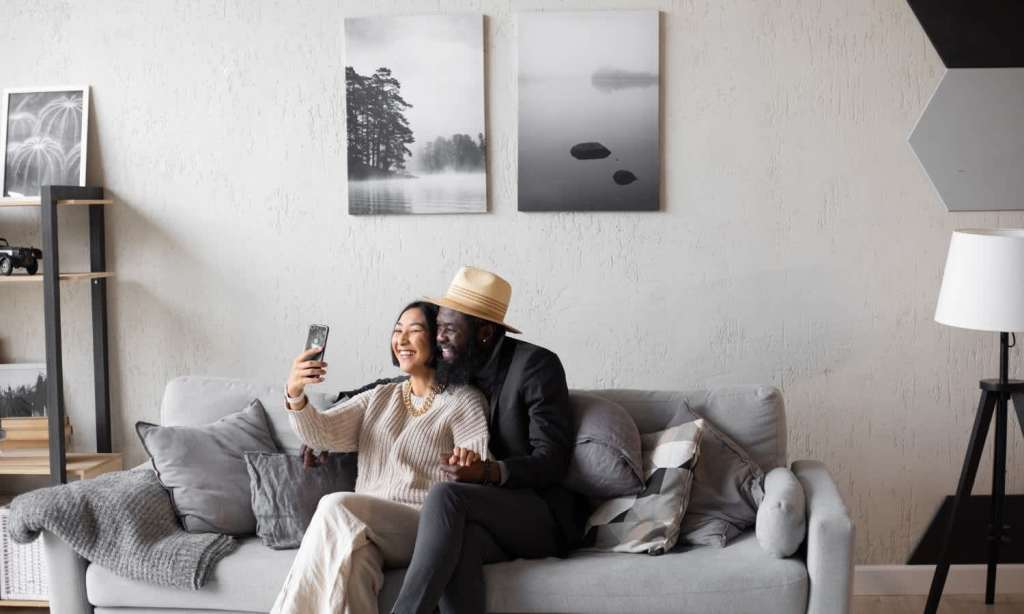Over the past year, we seem to have found it particularly difficult to separate our work life and our personal life — no need to guess exactly why. There have been suggestions on how to improve this balance, like taking a walk through the park to reduce stress and faking your work commute. But at the end of the day, we’re stressed from work, we’re burnt out and we’re finding it difficult to manage our mental health at work.
This is where Dr Adam Fraser, author of The Third Space, comes in. As a peak performance researcher, he studies in intimate detail, what balance is, and what collateral damage can come if we don’t achieve the right balance.
Some of the side effects? “We become stale, we dramatically increase our chance of burnout and exhaustion.” And that’s just personally. Work-wise, “It leads to disengagement and resentment of work.” Physically? In the short-term, it may just be “muscle tension or an inability to sleep”, but long-term it may involve “huge reductions in health, increased chance of getting diseases, and serious health conditions”.
So now that we’re well versed in the side effects of the lack of a work-life balance, what does Dr Fraser define this balance as? Well, his definition is reliant on other people — he interviewed others and collated their responses. It came down to two top responses: To be happier, and to have better relationships.
Meaning? “Work-life balance has evolved away from time and has gone to being about connection.”
The shift makes sense, especially as two-thirds of our time — if not more — get taken up by sleep and work. Dr Fraser says it’s also dependent on “family situations, work situations, travel, demanding job[s]”. At the end of the day, it’s more about the metric of quality interactions.
“What you want is the ability to engage with people in your personal life in a meaningful, deep and constructive way,” explains Dr Fraser. In summary: How we show up, compared to when we show up. And more than this, we need to question what sort of impact and experience that we give to people in our lives.
If you’re wondering how you can achieve a better work-life balance, Dr Fraser says it is dependent on “lifestyle, work and family situations”. However, he does offer key things that are applicable to anyone, regardless of circumstance. One key thing is to “really value, [really] understand the importance of having things in your life that go beyond work”.
Looking for specific strategies? “We can get friends and family to hold us accountable for having hobbies and interests.” One way to do this is to schedule things in that you need to attend, like a class or a hobby. “These things hold you accountable for showing up, but also make the experience far more enjoyable,” explains Dr Fraser.
In addition to this, he recommends ensuring you engage in things you’re really passionate about, and that bring you a lot of positive emotions.
Read more stories from The Latch and subscribe to our email newsletter.







